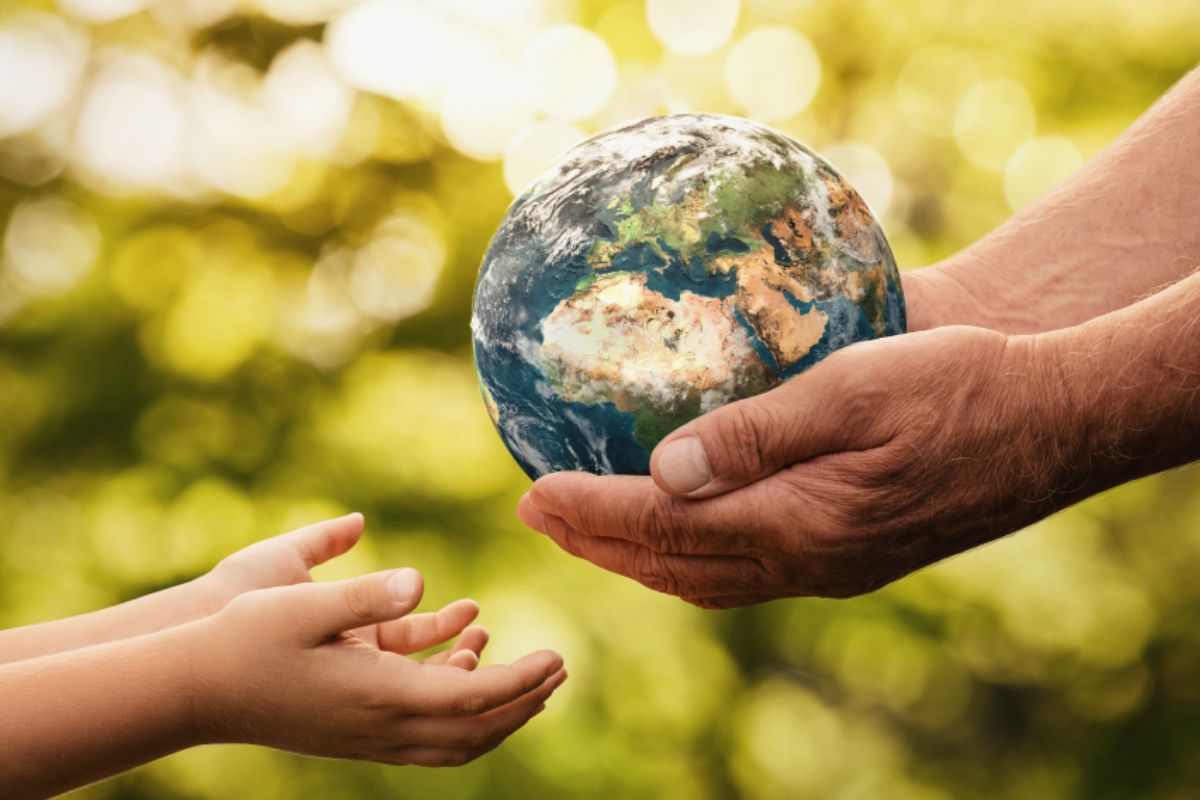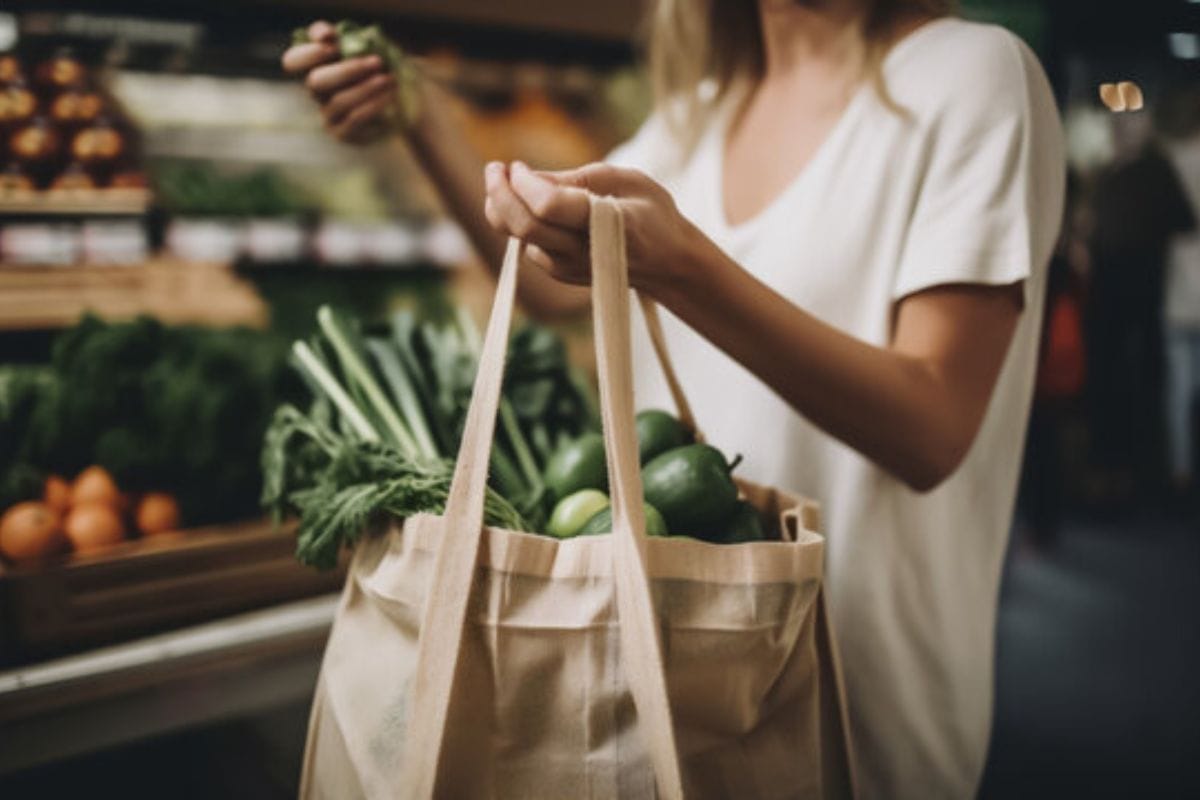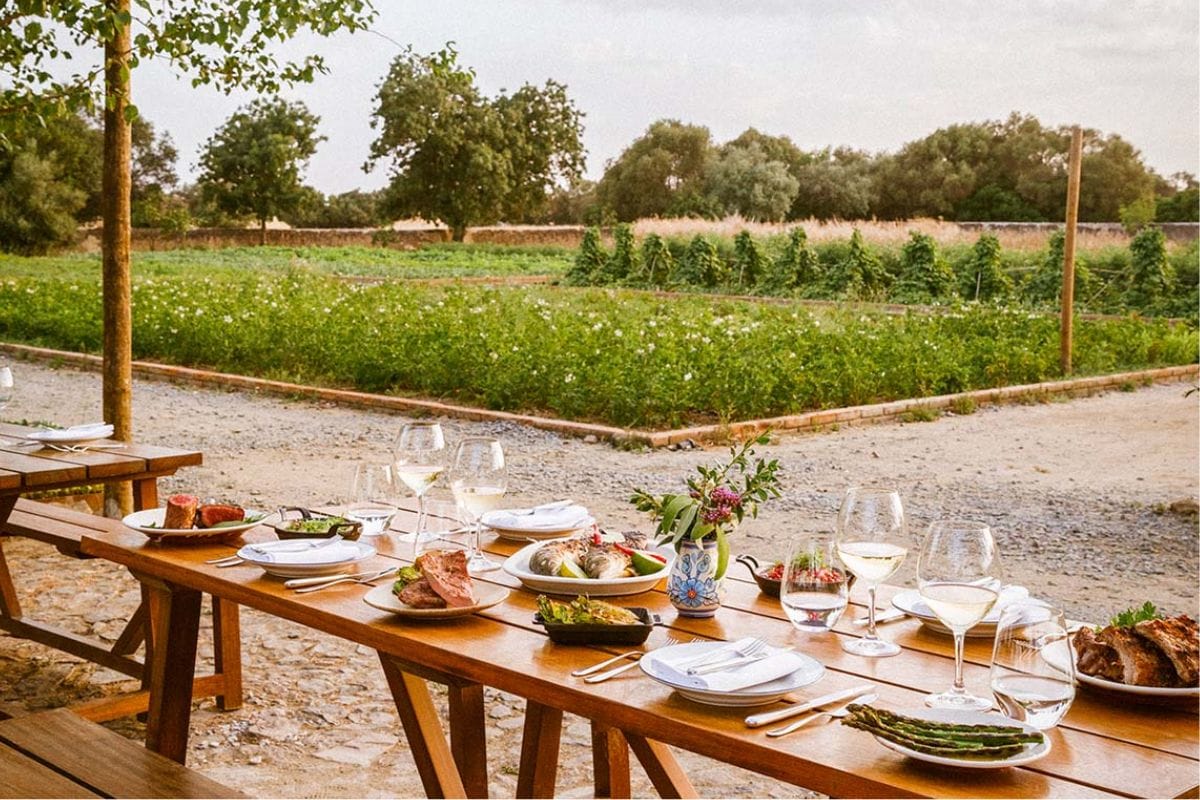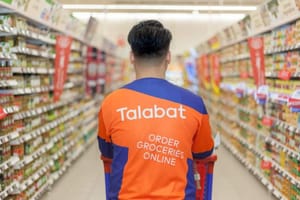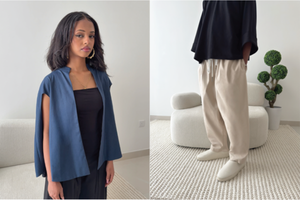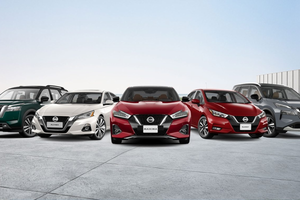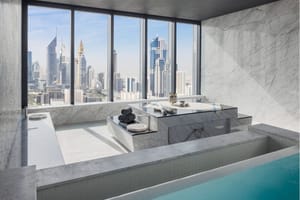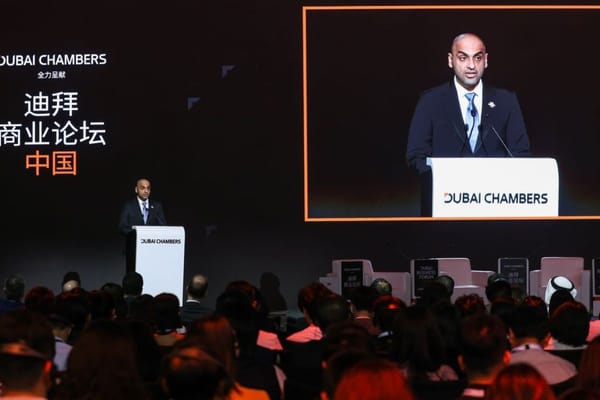As one of the world’s most dynamic cities, Dubai is known for its opulence and innovation, but beneath the glittering skyline lies a growing commitment to something equally valuable: conscious consumerism.
In an era where sustainability is no longer a choice but a necessity, the city increasingly focuses on sustainability and responsible consumption to address environmental concerns and improve quality of life. From government-led initiatives to grassroots movements, the city is weaving sustainability into the very fabric of daily life proving that luxury and eco-consciousness can coexist.
Explore how Dubai is leading the charge towards a more sustainable and mindful future and setting a global standard for responsible consumption.
What is Conscious Consumerism?

Conscious consumerism is a movement where individuals make purchasing decisions that prioritize ethical, environmental, and social considerations. It is about being mindful of the impact your choices have on the world, from the products you buy to the companies you support.
Conscious consumers seek to minimize harm by choosing goods that are sustainably sourced, ethically produced, and environmentally friendly. This approach extends beyond just buying organic food or eco-friendly products; it involves a holistic lifestyle shift towards reducing waste, supporting fair trade, and demanding transparency from brands. In essence, conscious consumerism empowers individuals to use their purchasing power to drive positive change, influencing industries and encouraging a shift towards more sustainable and ethical practices.
As Dubai embraces this philosophy, the city is actively promoting a culture where luxury and responsibility go hand in hand, encouraging residents and visitors alike to make choices that contribute to a better, more sustainable future.
Some of the initiatives taken by Dubai to promote conscious consumerism are:
Implementation of green building regulations
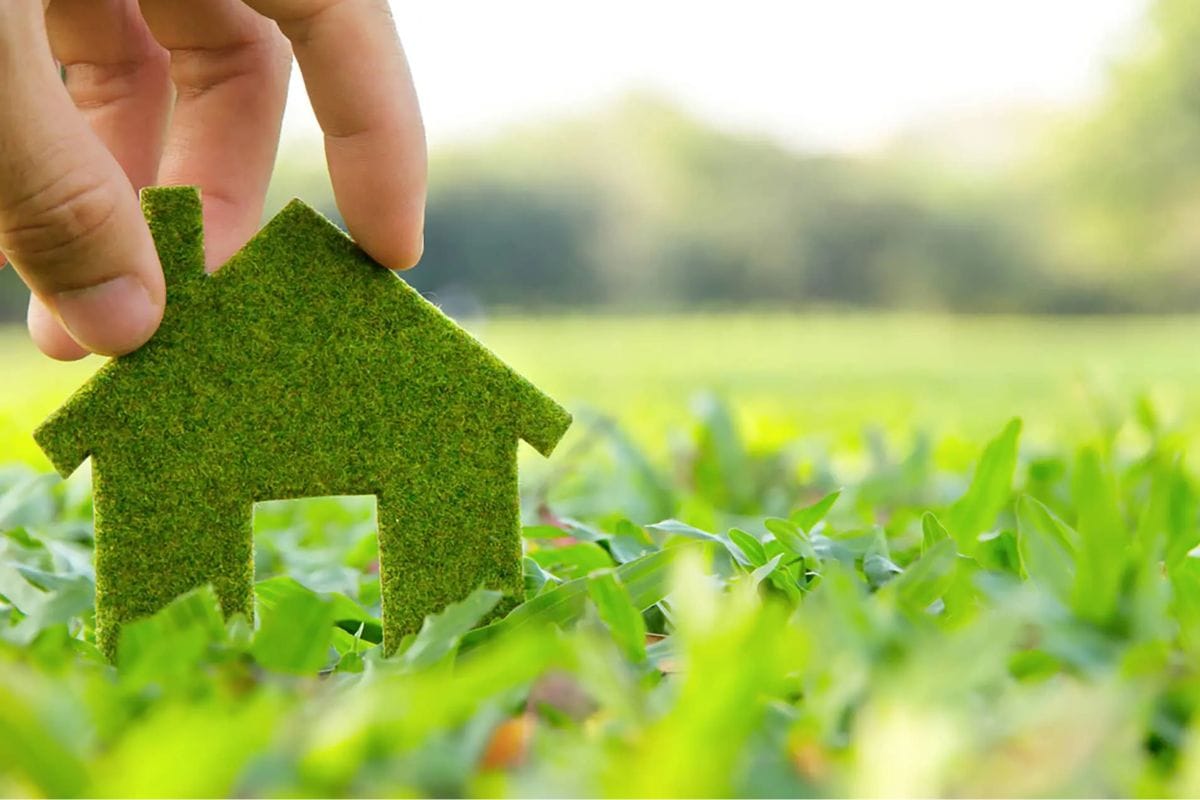
Dubai’s commitment to promoting conscious consumerism is exemplified by its implementation of green building regulations. Introduced in 2010, Dubai's Green Building Regulations initially mandated sustainable practices for new government buildings and later for all buildings. In 2016, H.H. Sheikh Mohammed Bin Rashed Al Maktoum, Ruler of Dubai, approved Al Sa’fat, a green building rating system that updated and replaced the previous regulations.
Al Sa’fat green building rating system sets out stringent sustainability standards for construction projects. These regulations mandate the use of energy-efficient materials, renewable energy sources, and water conservation techniques in new buildings. The aim is to reduce the environmental impact of construction activities, lower energy consumption, and decrease carbon emissions.
In addition to setting standards for new buildings, Dubai has also focused on retrofitting existing structures to align with these green standards. Retrofitting involves upgrading older buildings with modern, sustainable technologies and materials to improve energy efficiency, reduce water usage, and minimize waste.
Plastic waste reduction initiatives

Dubai has implemented several measures to address plastic waste and promote more sustainable practices. The city is tackling plastic pollution with Executive Council Resolution No. 124 of 2023, issued by H.H. Sheikh Hamdan Bin Rashid Al Maktoum, Crown Prince of Dubai and Chairman of the Executive Council, which regulates single-use products. This initiative, which was rolled out in stages, aims to reduce the environmental impact of plastic waste by encouraging residents to switch to reusable bags. Starting January 2024, plastic bags were banned, with alternatives like paper bags available for 25fils. The fee acts as both a deterrent and a motivator for consumers to adopt more eco-friendly alternatives.
From June 2024, all single-use bags thinner than 57 micrometers have been prohibited. By January 2025, the ban will extend to plastic stirrers, Styrofoam containers, and straws, and by January 2026, all single-use plastic cups, lids, cutlery, and plates will be banned. Exemptions include certain types of thicker bags and those used for specific purposes.
Another noteworthy initiative is the ‘Dubai Can’ initiative. Launched by H.H. Sheikh Hamdan Bin Rashid Al Maktoum, the initiative aims to reduce the use of single-use plastic water bottles. To promote sustainable practices, Dubai Can have installed around 45 drinking water stations across the city, allowing people to fill their reusable bottles for free. This initiative encourages residents and visitors to carry reusable bottles, reducing the need to purchase single-use plastics. Moreover, the water quality at these stations is on par with bottled water sold in stores, ensuring access to safe drinking water.
Promotion of sustainable fashion

Dubai has been actively promoting sustainable fashion as part of its broader efforts to encourage conscious consumerism. The city has witnessed a growing number of fashion brands that prioritize eco-friendly materials, ethical production practices, and minimal environmental impact. These brands are at the forefront of a movement that aims to redefine the fashion industry by focusing on sustainability rather than fast fashion.
Key events like Fashion Forward Dubai have played a significant role in raising awareness about sustainable fashion. These events not only showcase collections from eco-conscious designers but also feature panel discussions, workshops, and exhibitions that emphasize the importance of sustainability in the fashion industry. Through these platforms, designers, industry professionals, and consumers are educated on the benefits of sustainable fashion, from reducing waste to supporting ethical labor practices.
Waste management and recycling programs

Dubai's waste management and recycling initiatives are integral to its goal of promoting conscious consumerism. Central to this effort is the 'Dubai Waste Management Strategy 2021-2041', which aims to achieve zero waste to landfills by focusing on recycling, waste reduction, and resource recovery. This ambitious strategy emphasizes the importance of segregating waste at the source to ensure that recyclable materials are diverted away from landfills and processed appropriately.
To support this goal, the government has launched several public education campaigns, such as the ‘My City, My Environment’ initiative. These campaigns aim to raise awareness among residents and businesses about the importance of recycling and proper waste disposal. They also provide practical guidance on how to segregate waste effectively, making it easier for individuals to contribute to the city’s sustainability goals.
In addition, Dubai has invested in state-of-the-art recycling facilities and technologies that enhance the efficiency of waste processing.
Support for local and organic produce
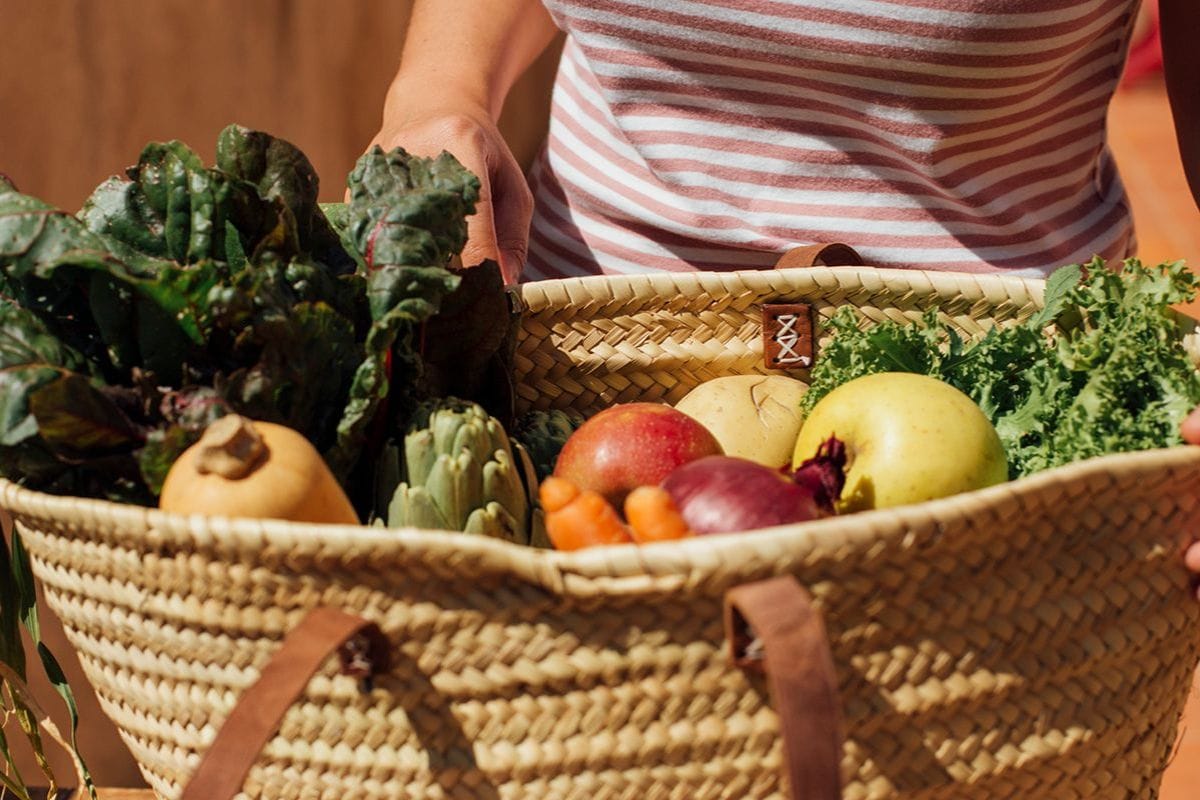
Dubai has actively supported the growth of local and organic produce. One of the key initiatives in this area is the establishment of farmers' markets, such as the popular Ripe Market, which provides a platform for local farmers to sell their fresh, organic produce directly to consumers. These markets not only encourage the consumption of locally grown food but also reduce the carbon footprint associated with importing goods, thereby contributing to environmental conservation.
In addition to promoting local markets, Dubai has introduced organic product certification standards. These standards ensure that products labeled as organic meet strict guidelines related to the use of pesticides, fertilizers, and farming practices. By providing clear labeling and certifications, the government empowers consumers to make informed choices about the food they purchase, promoting healthier and more sustainable eating habits.
Sustainable transport initiatives
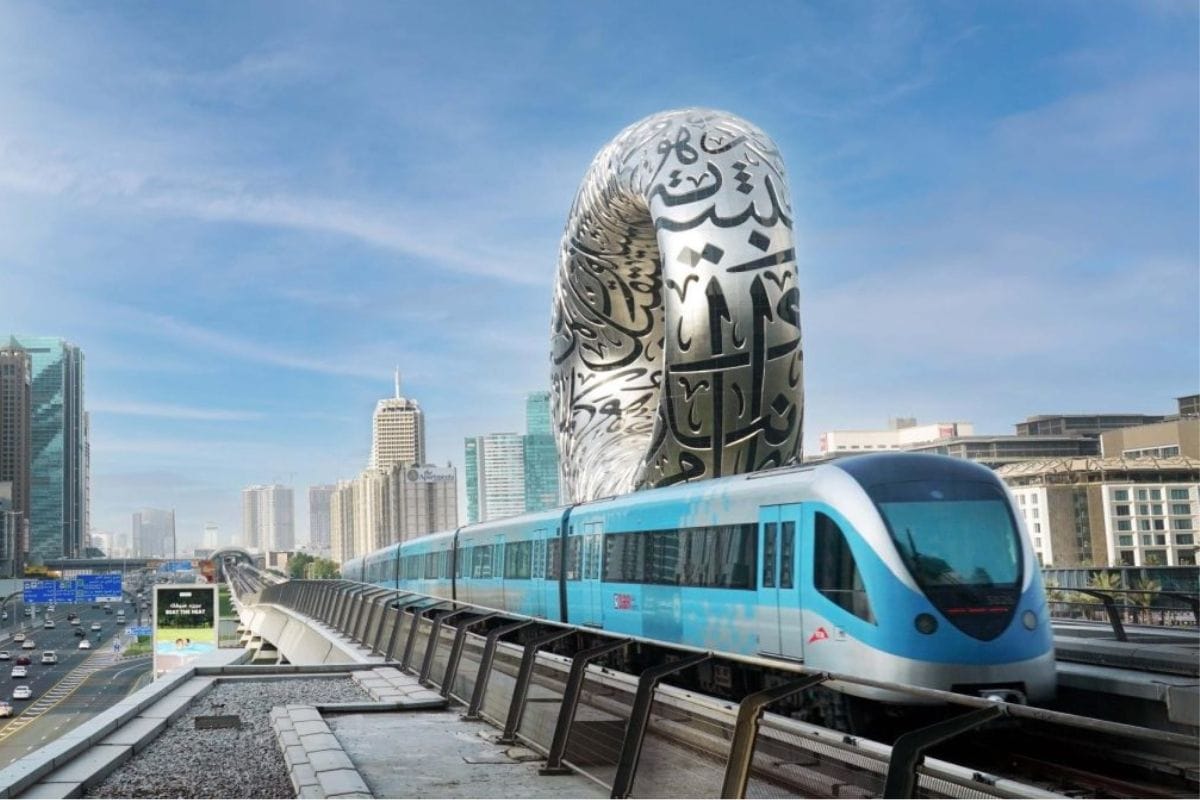
Dubai has made significant strides in promoting sustainable transportation. One key initiative is the promotion of electric vehicles (EVs). The government has invested heavily in developing EV infrastructure, including the widespread installation of charging stations across the city. These efforts are supported by incentives such as reduced registration fees and free public parking for EV owners, which aim to make sustainable transportation more accessible and attractive.
In addition to EVs, Dubai has expanded its public transportation network, including the metro, tram, and bus services. The Dubai Metro, in particular, has become a vital component of the city’s public transport system. The city has also introduced cycling lanes and bike-sharing programs, encouraging residents and tourists to choose cycling as a sustainable mode of transport.
Through these efforts, Dubai demonstrates that luxury and sustainability can go hand in hand, offering a model for other urban centers striving to balance development with environmental responsibility.
Also Read:

